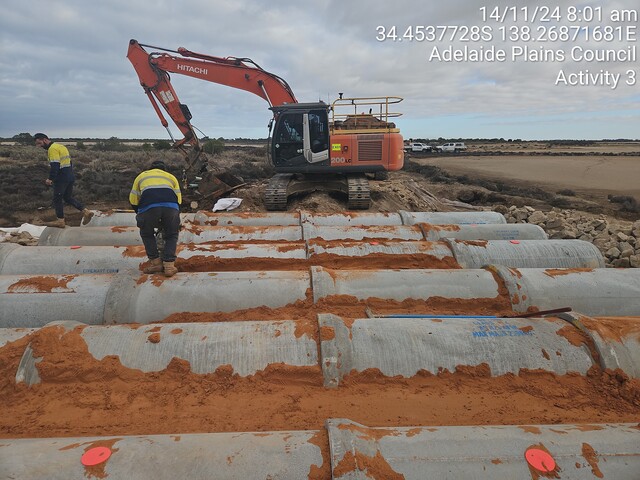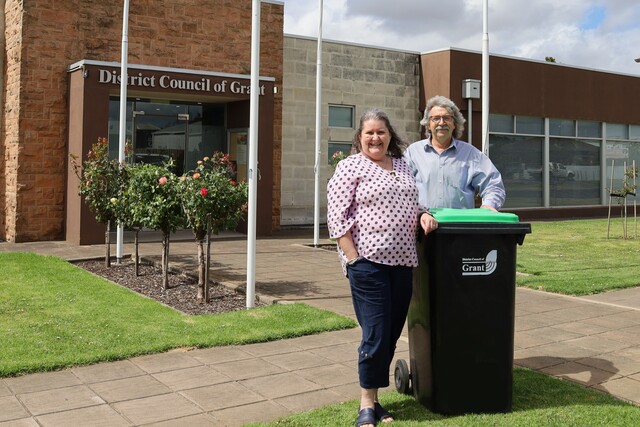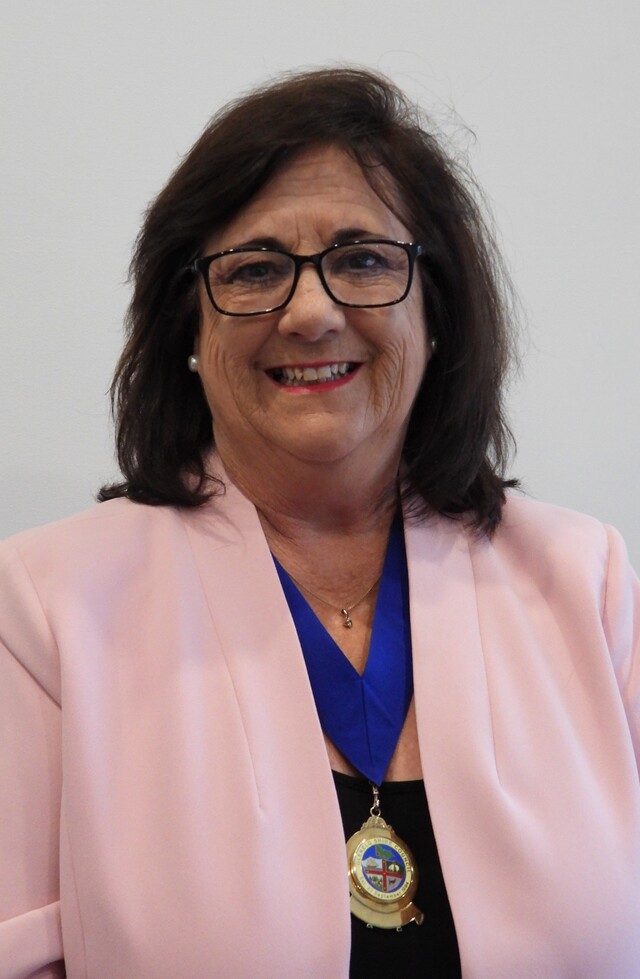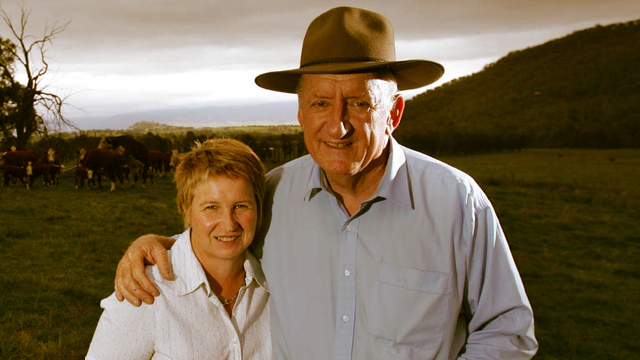In our January editorial, we wrote that, whether people choose to recognise 1 January 2000 or 1 January 2001 as the start of the new millennium, there is growing community interest in not only celebrating what we have achieved but debating and discussing the challenges that face us as we enter the next century.
In the first of a series of public seminars, titled Vision 21 organised by ‘The Age’ newspaper, over 800 people heard from a panel of speakers on what they see as Australia’s key challenges as we enter the next millennium.
The panellists included Social Researcher and Commentator, Hugh Mackay; ALP National President, Barry Jones; 1998 Young Australian of the Year, Tan Le; and Premier of Victoria, Jeff Kennett.
In summary, Hugh Mackay stressed the importance of reclaiming our sense of community, Barry Jones emphasised the role of leadership, Tan Le called for empowerment of young people and the freedom to change, while Jeff Kennett pointed to the need for a vision to achieve a desired future.
Leadership, vision, empowerment and a commitment to community are essential ingredients of good governance for all spheres of Government. We believe the following issues raised by the panellists are challenges all decision makers must be working to address as we shape our future into the next century.
Hugh Mackay said that it is easy to be despairing as there are some disturbing, destabilising signs in our community. He said in spite of so called ‘good’ economic news, some 30% of Australian households still live on incomes of less than $20,000 per annum.
On the issue of population and immigration, Hugh Mackay said that with Australia’s birthrate now 1.8 children per couple, we are simply not replacing ourselves. He warned if this continues sooner or later the continent will empty itself out. He believes the following challenges must be addressed.
First, we must redistribute the available work to more equitably distribute our available wealth. Second, ‘with our army of baby boomers galloping towards long life in retirement’ their propensity ‘to spend now and worry later’ has major repercussions for our future. Third, we must shed our uncertainty about our diversity and come to recognise it as an inherent strength.
Tan Le said that it is young people who inherit the world, not only its problems but its challenges and opportunities as well. She called on young people to look not only to politicians and intellectuals for leadership but also ‘ourselves’. She said to do this young people must be able to consider the world differently and not accept it as a fait accompli.
Tan Le believes our education system is not doing enough to ensure young people are able to do this. She said schools must emphasise democracy, citizenship and the common good.
Tan Le said that ‘democracy is only as good as where we are going and citizenship is how we will get there’. She added young people must be given the ability and responsibility to call into question much of what our country does. Freedom to change things is her hope for the new millennium.
As well as schools having a key role to play in empowering our future leaders, Local Government must also recognise that it is perfectly placed to provide avenues for young people to participate through Junior Councils and Youth Advisory Committees. Similarly, a commitment to community, for people to reconnect with each other, is in many ways easier for Local Government than the other spheres.
In spite of a widely held belief, that leadership and vision should permeate from the national level down, across Australia many Councils and their communities are clearly demonstrating that they are not prepared to wait, rather they are already working to meet the challenges, and making the most of opportunities the new millennium has to offer.







